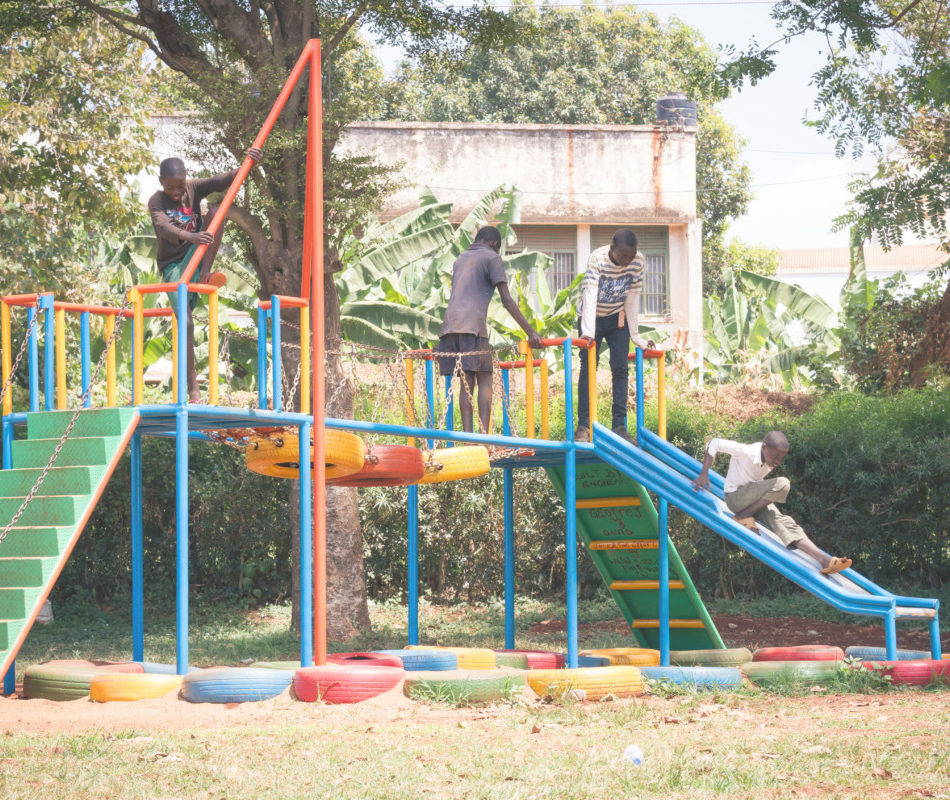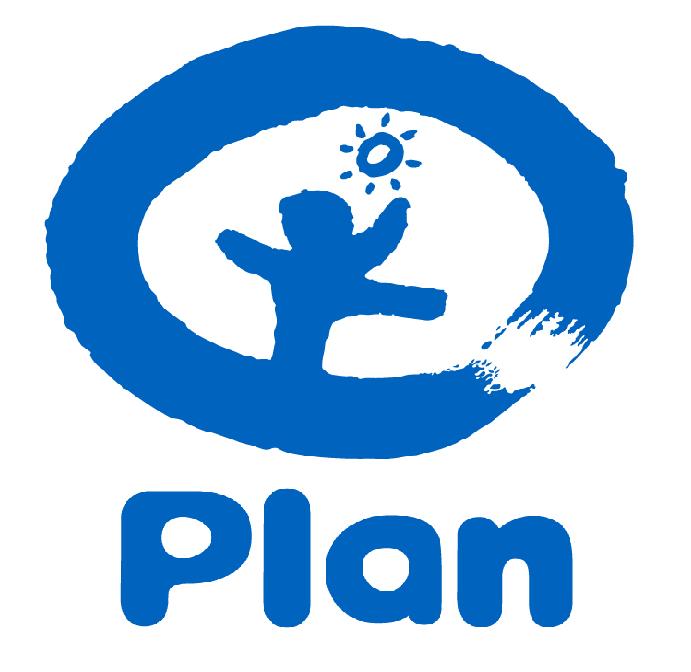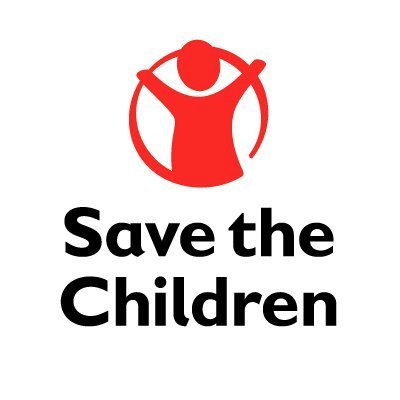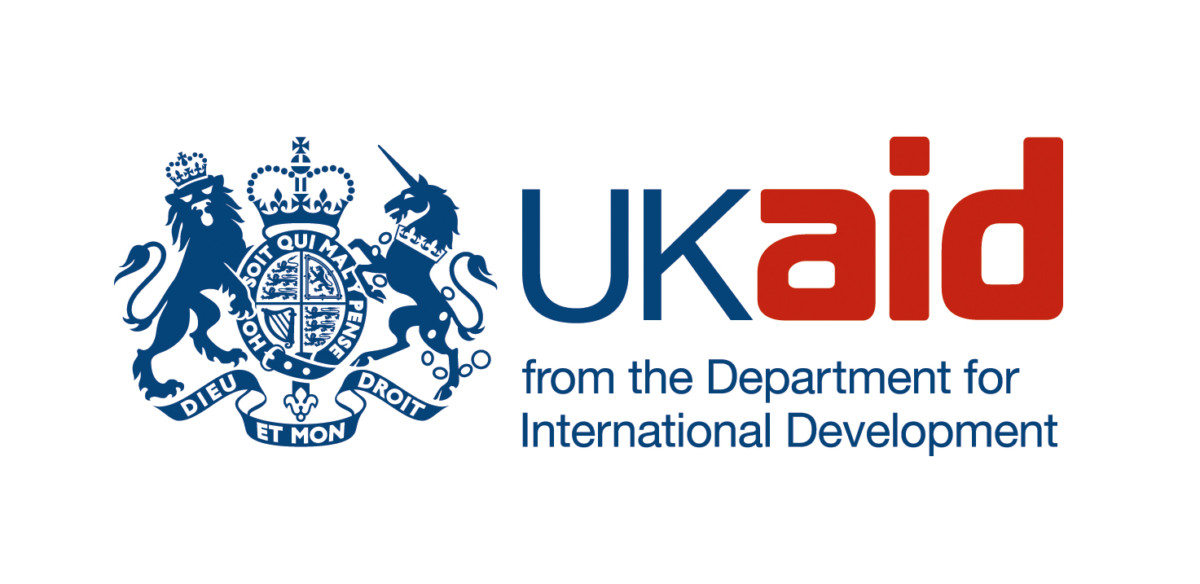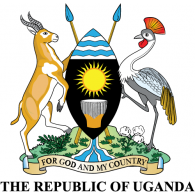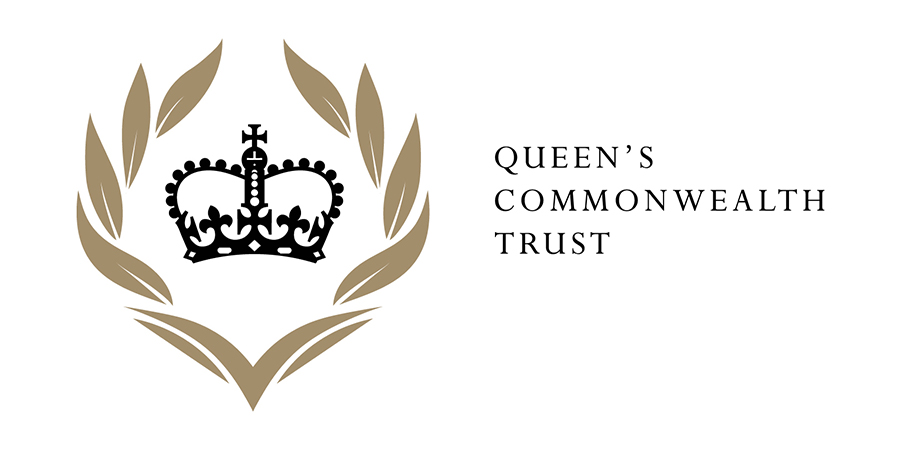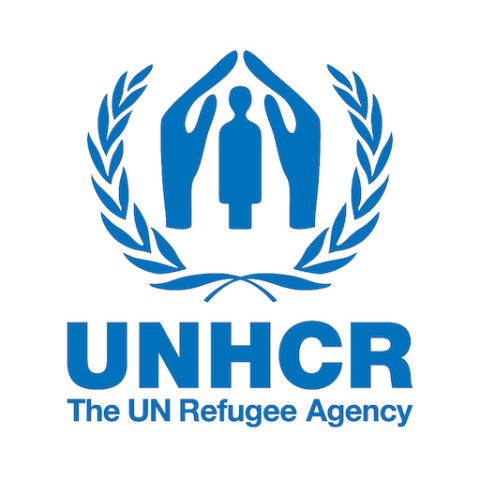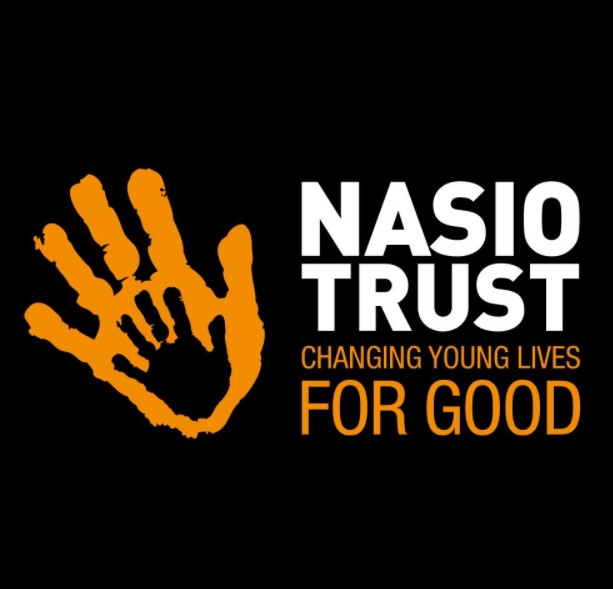Healing through play – Refugee Week
Refugee Week is from 20 – 26 June and this year’s theme focusses on healing. Play Action is marking this important week by delving deeper into the refugee crisis and sharing how our work supports child refugees to heal from trauma they’ve experienced in their short lives.
According to UNHCR figures, at least 89.3 million people around the world have been forced to flee their homes. Among them are nearly 27.1 million refugees, around half of whom are under the age of 18s globally. That’s over 14 million children that have had their lives turned upside down, often fleeing conflict and violence, losing family members and undertaking long and arduous journeys to reach unfamiliar destinations.
Children who become refugees lose out on their basic rights and their rights as set out by Article 54 and the UN Convention, including:
- Non-discrimination (Article 2)
- Best interest of the child (Article 3)
- Right to life survival and development (Article 6)
- Right to be heard (Article 12)
Play Action firmly believe that all children deserve to have their rights met, regardless of who or where they are. For child refugees, the road to recovery can be long. Life can be uncertain and that’s where play programmes can help them to recover more easily.
In 2016, when the conflict in South Sudan caused an unprecedented number of people to seek refuge in Uganda, our play programmes became an integral part of the Ugandan Government and humanitarian sector’s response. With play providing effective psycho-social support to refugee and trauma affected children, we have developed partnerships with UNCEF, Plan International, World Vision, Save the Children and the UK’s Foreign and Commonwealth Development Office to respond to the needs of these children.
In 2022, there is a playground in almost every community within the Bidibidi Refugee settlement, enabling children to use the power of play to process their traumatic experiences, develop and learn.
With the Ukraine crisis growing and many other families becoming refugees well into 2022, we know the need continues to be there. That’s why our work has never been more important.
Play has the power to mitigate the impact of trauma’s impact on a child’s brain which can be catapulted into the fight, flight, freeze and fawn response. When children enter this state, their chances of experiencing disease, depression, anxiety, suicide, addiction, violence, relationship problems and less academic potential.
Play can help children to process their experiences and make sense of the world. From playgrounds to mobile based play projects, ensuring children can access therapeutic play in settings such as refugee settlements, as well as trainings to ensure caregivers and children can connect through play all help to support a refugee child’s recovery and healing.
If you want to support our work to continue to help child refugees, you can make a donation here. You can share social posts on social media this Refugee Week using the hashtag #RefugeeWeek2022.
